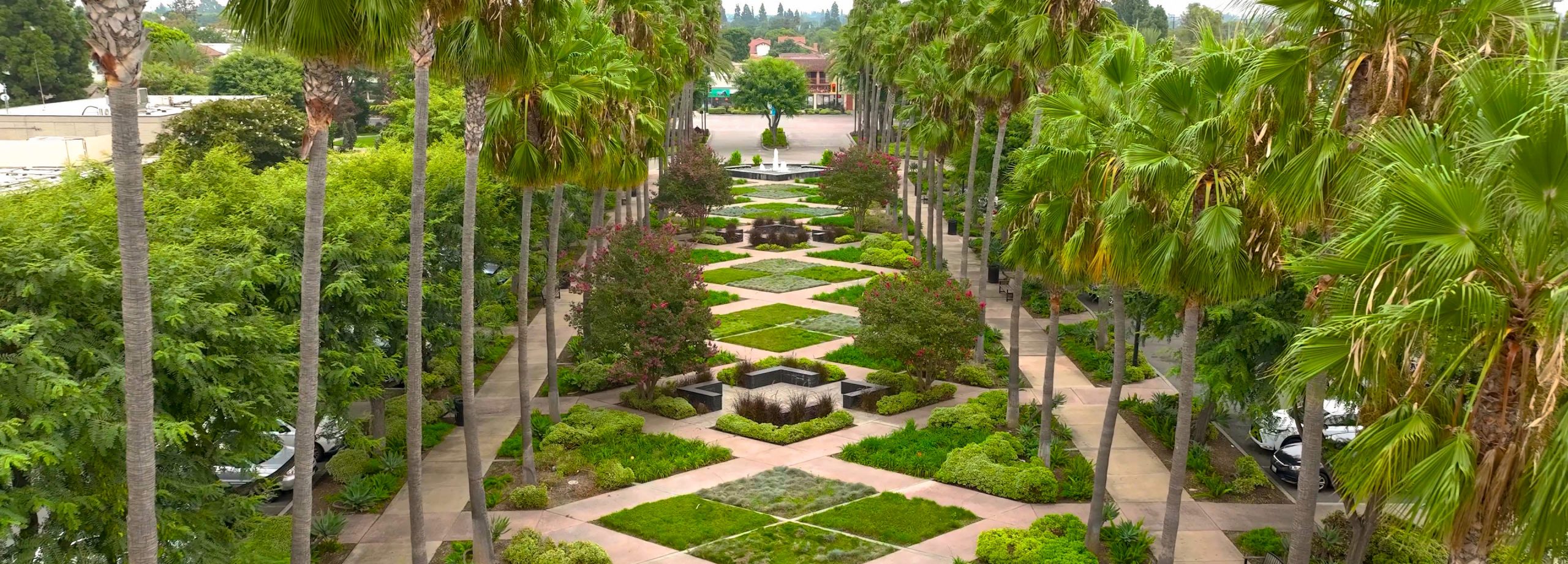Contact Us
City’s Public Works Department
Los Angeles County 24-Hour Water Pollution Reporting Hotline at 1-888-CLEAN-LA
Public Works Department
Stormwater
Event Type:
Event Date:
Event Location:
What is stormwater pollution?
Stormwater is water from rain that does not soak into the ground. It flows over paved areas like streets, sidewalks, and parking lots, as well as roofs and sloped lawns. As it flows, the stormwater collects and carries pollutants such as litter, pet waste, pesticides, fertilizers, and motor oil. This “toxic soup” then flows through a massive system of pipes and channels directly into our local waterways and the ocean.
What is the difference between the storm drain system and the sanitary sewer system?
The storm drain system and sanitary sewer system are both large conveyance systems of underground pipes. This leads to the misconception that the systems are one and the same. They are in fact separated and serve different purposes.
The sanitary sewer system transports domestic sewage to a treatment plant. Domestic sewage includes wastewater from household and commercial plumbing, such as toilets, showers, and sinks. In Paramount, sewage travels from private plumbing pipes into the City’s sanitary sewer system, which eventually carries it to the Joint Water Pollution Control Plant in the City of Carson. There, contaminants are removed from the sewage through a multi-stage process, which includes settling, filtering, and biological and chemical treatment. The treated water is then discharged into local waterways or used as reclaimed water.
The storm drain system, on the other hand, was designed to prevent cities from flooding. Its purpose is to quickly transport rain runoff (stormwater) away from the city and into the nearest waterway, without treatment. And so, any pollution carried by stormwater also enters our waterways untreated.
Where does our stormwater go?
In the City of Paramount, stormwater enters the local storm drain system, which drains to the Los Angeles River and Los Cerritos Channel.
What are the effects of stormwater pollution?
Stormwater pollution can have an adverse impact on our community’s health and environment as well as its local waterways and the ocean.
- Health and Environment
Stormwater pollution poses a health threat to people who swim or fish in the ocean. The high amount of bacteria that a rain event may introduce into the ocean can cause beach closures. This impacts recreational uses for the ocean and our local waterways, such as swimming, beach tourism, fishing, and boating.
Stormwater pollution can be toxic to marine life in the ocean and our waterways. Toxic pollutants can also be passed along the food chain. This can result in the contamination of locally caught seafood, making it unsafe for consumption.
- Local Community
Local storm drains clogged with litter and debris can impact the local community. These “nests” of trash and debris can attract pests and rodents, create foul odors, clog the storm drain system, and cause flooding. In addition, clogged catch basins are unsightly and can affect neighborhood aesthetics and property values.
What are some of the ways I can prevent stormwater pollution?
To ensure the safety and enjoyment of our local waterways and the ocean, it is important to keep our storm drains free of pollutants. Below are some helpful tips on how to prevent stormwater pollution.
- Vehicle Maintenance: All used motor oil, filters, and other automotive fluids should be disposed of properly and should never be dumped on the ground, street, gutter, or storm drain. Do-It-Yourselfers (DIYers) that change their own oil are encouraged to dispose of used motor oil and filters at their nearest recycling center. For more information on used oil recycling, visit www.calrecycle.ca.gov.
- Pet Waste: Pick up pet waste. When pet waste is left on the ground, harmful bacteria can wash down the storm drain and into the ocean resulting in contaminated and closed beaches.
- Household Hazardous Waste : Take unwanted household hazardous waste materials such as batteries, paints, and antifreeze to a Household Hazardous Waste collection center or event. For events and locations, call 1-888-CleanLA (1-888-253-2652) or visit CleanLA.
- Green Waste : Use a broom instead of a hose to sweep garden clippings. Excess water from sprinklers or a garden hose can pick up pollutants and enter the storm drain.
- Pesticides/Fertilizers : Use pesticides and fertilizers sparingly and never apply these chemicals before a rain event.
- Home Improvement Projects : Building materials such as paint and construction debris should be kept covered and away from the street, gutter, or storm drain.

